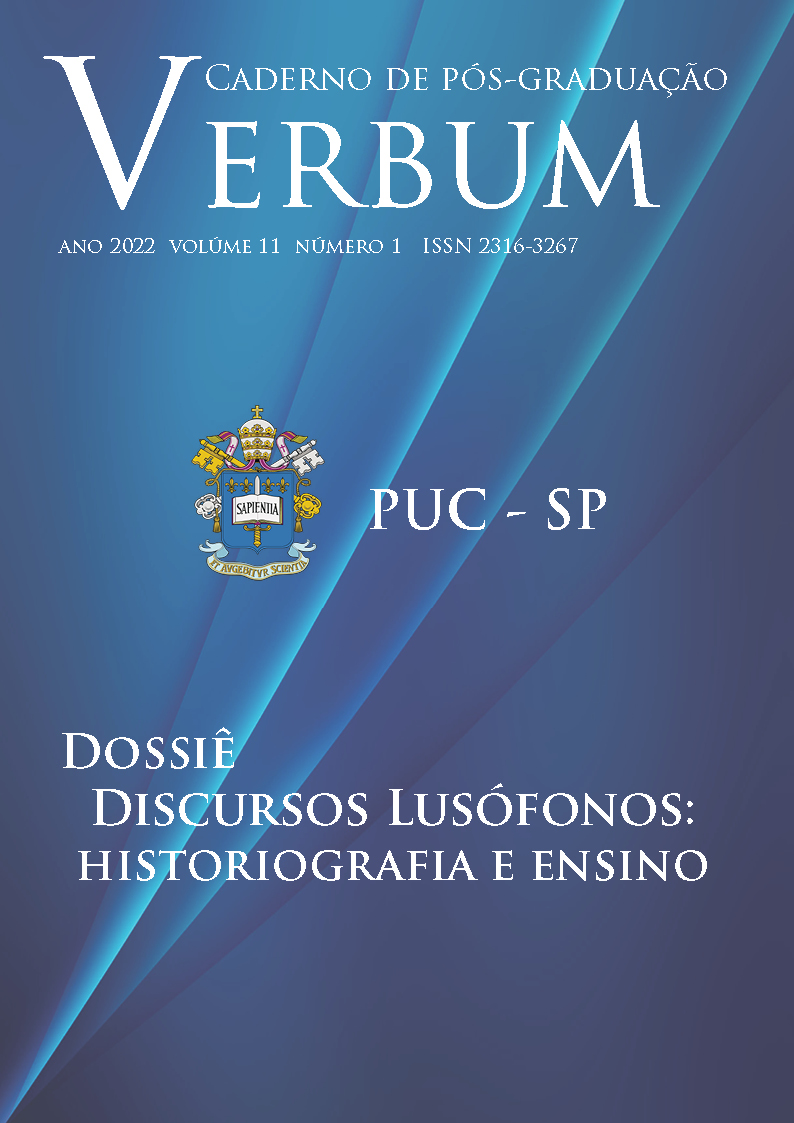O TWITTER COMO INTERFACE PEDAGÓGICA:
RELAÇÕES DIALÓGICAS EM E PARA ALÉM DE 140 CARACTERES
DOI:
https://doi.org/10.23925/2316-3267.2022v11i1p201-220Abstract
Abstract: This article starts from the following problem question: How can the social network Twitter, understood as a pedagogical interface, promote critical sense in reading classes in Portuguese language teaching in high school level? In view of answering it, we established as a general objective: to analyze an enunciative scene of April of 2021, taken from the former President Luiz Inácio Lula da Silva’s Twitter, after the interview given to the journalist Reinaldo Azevedo on the same date, as well as replicas to the post and a suggestion of reading activity in a discursive perspective. The Dialogical Theory of Language, of the Bakhtin Circle, serves as a theoretical framework. When it comes to the method, we selected, from Twitter, an enunciative scene and clippings of followers who had commented on such post. Regarding the results, we emphasize that we fulfill the role of offering language scholars an analysis of enunciative scenes in social network in a dialogical-discursive conception of reading teaching and a suggestion of formative work.
Keywords: Discursive interaction. Twitter. Portuguese Language Teaching.
References
BAKHTIN, M. M. Estética da criação verbal. Prefácio à edição francesa Tzavetan Todorov; introdução do russo Paulo Bezerra. 6. Ed. São Paulo: WMF Martins Fontes, 2011.
BAKHTIN, M. M. Os gêneros do discurso. Tradução, posfácio e notas de Paulo Bezerra. São Paulo: 34, 2016.
BAKHTIN, M. M. Para uma filosofia do ato responsável. [Tradução aos cuidados de Valdemir Miotello e Carlos Alberto Faraco]. São Carlos: Pedro e João Editores, 2020.
BRAIT, B. Bakhtin: outros conceitos-chave. São Paulo, Contexto, 2020.
BRASIL. Base Nacional Comum Curricular: Ensino Médio. Brasília: MEC/Secretaria de Educação Básica, 2018.
FIORIN, J. L. Introdução ao pensamento de Bakhtin. 2. ed. São Paulo: Contexto, 2020.
RECUERO, R. Redes sociais na internet. Porto Alegre: Sulina, 2009.
ROJO, R; BARBOSA, J. P. Hipermodernidade, multiletramentos e gêneros discursivos. São Paulo: Parábola Editorial, 2015.
SOBRAL, A. Dialogismo e interação. In: Do dialogismo ao gênero - as bases do pensamento do círculo de Bakhtin. Campinas, SP: Mercado de Letras, 2009, p. 21-46.
VOLÓCHINOV, V. N. A palavra na vida e a palavra na poesia: ensaios, artigos, resenhas e poemas. Organização, tradução, ensaio introdutório e notas de Sheila Grillo e Ekaterina Vólkova Américo. São Paulo: 34, 2019.
VOLÓCHINOV. V. N. A interação verbal. In: Marxismo e filosofia da linguagem. Tradução, notas e glossário de Sheila Grillo e Ekaterine Vólkova Américo; ensaio introdutório de Sheila Grillo. 2. ed. São Paulo: Editora 34, 2018.
XAVIER, M. M. Educomunicação: um campo de formação para a prática de leituras dialógico-discursivas. In: XAVIER, M. M. Educomunicação em perspectiva dialógico-discursiva. São Paulo: Mentes Abertas; Campina Grande: EDUFCG, 2020, p. 75-120.
XAVIER, M. M; ALMEIDA, M. F. Relações dialógicas em rede social: por um ensino discursivo de leitura. In: Revista Letra Magna. v. 16. n. 25. 2020, p. 1442-1460.


